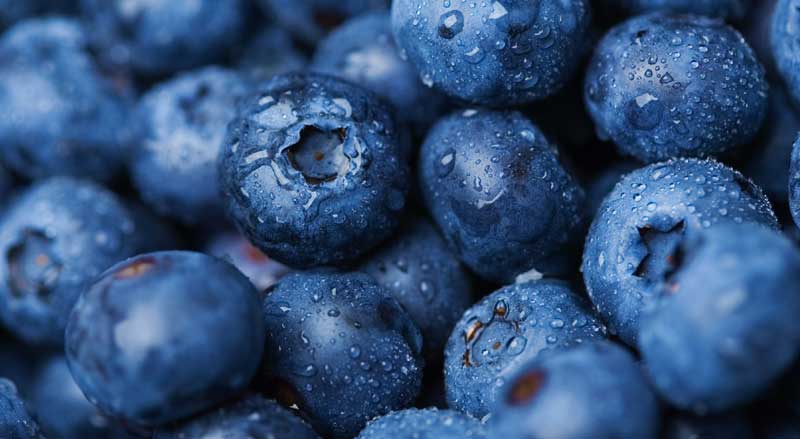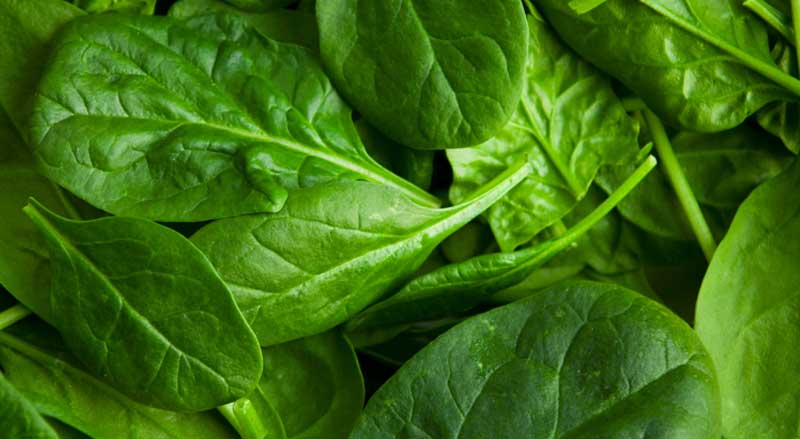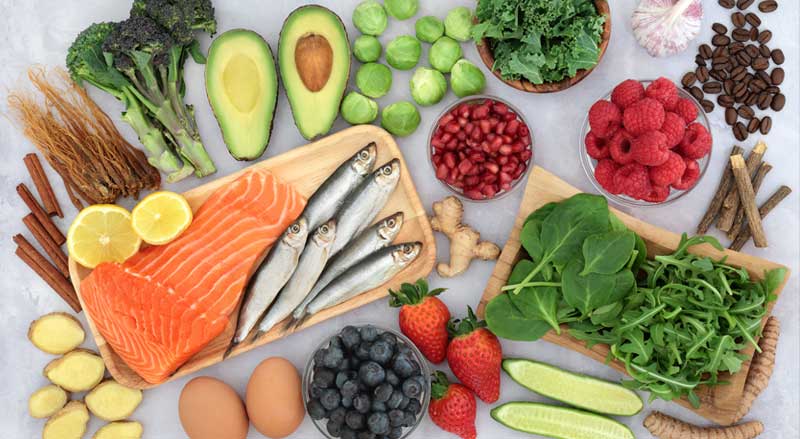Today the word superfood enjoys widespread use and is the highest compliment a food can receive! It means that the food has unusually high levels of nutrients and offers a variety of significant health benefits.
Happily, there are superfoods that can even help fight inflammation and pain.
You probably have heard the term “superfood,” but do you know its origin?
During World War I, the US imported large amounts of bananas. The United Fruit Company called bananas “superfoods” since they were cheap, nutritious, easy to digest, and conveniently came in their own packaging! Bananas quickly became a staple in many Americans diets.
Vascular Issues Associated with Inflammation and Pain
Chronic inflammation commonly causes varicose veins. The inflammation damages the valves in the veins. These damaged valves lead to stagnant flow in the affected veins, eventually leading to varicose veins and chronic venous insufficiency (CVI). Once this occurs, the veins no longer function well in getting blood back to the heart.
Varicose veins can also create long-term swelling that causes ulcers or sores that won’t heal.
Having a sedentary lifestyle, or needing long periods of bed rest, are just two f actors that slow down blood flow and can also contribute to the development of varicose veins—and to more inflammation and pain.
Poor circulation can cause you to feel pain, numbness or tingling in different parts of your body, including:
- Hands and fingers
- Legs
- Feet and toes
Read more about signs of varicose vein disease.
Here are simple ways to improve your blood circulation.
Inflammation
Inflammation is a serious condition. Along with contributing to the development of varicose veins, it can cause plaque to develop and loosen in the arteries, and even cause blood clots that result in strokes or heart attacks.

Chronic inflammation contributes to many other serious medical conditions, including:
- Arthritis
- Diabetes
- Alzheimer’s Disease
- Cancer
- Depression
Inflammation can also cause chronic pain in the muscles and tissues, or can even cause painful skin rashes, such as psoriasis, or joint pain from rheumatoid arthritis.
An anti-inflammatory diet can not only reduce inflammation in your body, helping you to avoid dangerous medical conditions, but can even reduce pain. This diet will also help you control your weight, which will most likely further reduce pain in your body.
Fortunately, we can improve both vascular issues and inflammation with:
- A diet rich in anti-inflammatory foods
- Elimination of inflammatory foods
- Exercise
- Weight loss/control
- Blood sugar control
So, incorporate some of these anti-inflammatory superfoods into your diet and learn which is the most damaging inflammatory food to avoid.
Eat These Superfoods to Reduce Chronic Inflammation and Pain

Blueberries, Strawberries, Oranges and Other Fruits
Blueberries are chock full of phytonutrients that fight inflammation. If you can’t find fresh blueberries, buy frozen berries for the same nutrients.
Chili peppers have lots of vitamin C—an antioxidant that fights infections. It’s also associated with elimination of cancer-causing radicals in the body. Hot peppers also help reduce pain due to the capsaicin they contain.
Other fruits that are strong inflammation fighters include:
- Strawberries
- Oranges
- Avocado
Sweet and Tart Cherries (Fruits worth mentioning on their own)
Sweet (Bing) cherries and tart (red) cherries both have strong anti-inflammatory properties, and a lot of anthocyanins. Anthocyanins are closely associated with reduced muscle pain and reduced muscle weakness.
Salmon, Herring, Tuna, Mackerel, Sardines
Wild salmon has lots of omega-3 fatty acids, which are great inflammation fighters. Salmon helps improve blood flow and reduces inflammation in blood vessels and nerves. It’s also good for your heart and can even help reduce joint pain from rheumatoid arthritis or back pain.
Not a fan of salmon? Try other types of cold-water fish such as sardines, tuna, and mackerel.
But not all fish offer these health benefits. For example, catfish and tilapia have high levels of omega-6 fatty acids which can actually increase inflammation.
Some Spices
Consuming these spices leads to reduced inflammation:
- Cinnamon
- Cumin
- Rosemary
- Turmeric
Extra Virgin Olive Oil (EVOO)
EVOO helps lower bad LDL cholesterol. It’s rich in antioxidants (polyphenols) and has other anti-inflammatory properties. Use it instead of butter or other cooking oils.
Harvard Health Publishing of Harvard Medical School reports that the health benefits of EVOO include a reduced risk of some cancers, cardiovascular disease, and dementia for people who consume more olive oil than those who have little or none.
Pumpkin Seeds
Pumpkin seeds have powerful antioxidants and magnesium. They can help reduce the number of migraines. They also support a healthy heart and lower blood sugar levels.
Chia and flaxseeds also top the list of anti-inflammatory seeds.
Coffee and Tea
Coffee has polyphenols and other compounds that fight inflammation. It also narrows dilated blood vessels to help reduce headache pain. Just be aware that consuming lots of coffee, and then suddenly avoiding coffee, can cause a withdrawal headache.

Healthful anti-inflammatory teas include green tea, black tea, and rosehips.
Edamame
Edamame, young soybeans, are a substantial source of antioxidants, fiber, and vitamin K. It may reduce heart disease risk, as well as cholesterol and triglycerides in your blood.
Yogurt
Yogurt is associated with many health benefits, including decreased insulin resistance and decreased inflammation. Researchers possibly connected the anti-inflammatory powers of yogurt to its probiotics, but more studies are needed. Be sure to avoid sugar-flavored yogurts!
More Foods That Reduce Inflammation
Include these additional anti-inflammatory foods into your diet for better health and to feel great:

- Vegetables—including leafy greens, broccoli, cucumbers, spinach
- Nuts and beans—including walnuts, almonds, black beans, kidney beans, chickpeas, soybeans
- Whole grains—including whole grain bread, rye bread, brown rice
- Turkey
Eating a healthful diet will help you look great too! Read about vitamins for healthy skin.
Inflammatory Foods to Avoid
The number one inflammatory food is sugar. So, skip the sodas, desserts, candies, and fruit juices and look forward to feeling better. There is much debate about whether sugar is actually addictive, but there is no debate regarding the harm it causes the body.
Avoid these other inflammatory foods to feel better:
- Processed meats—bacon and ham
- Fried foods
- Red meat—hamburgers and steaks
- Refined carbohydrates—white bread, white rice, pasta
- High-fructose corn syrup—watch for on all food labels
- Margarine, corn oil, shortening
Learn more about the connection between diet and varicose veins.
Contact NJVVC for treatment of varicose vein disease and venous insufficiency.


